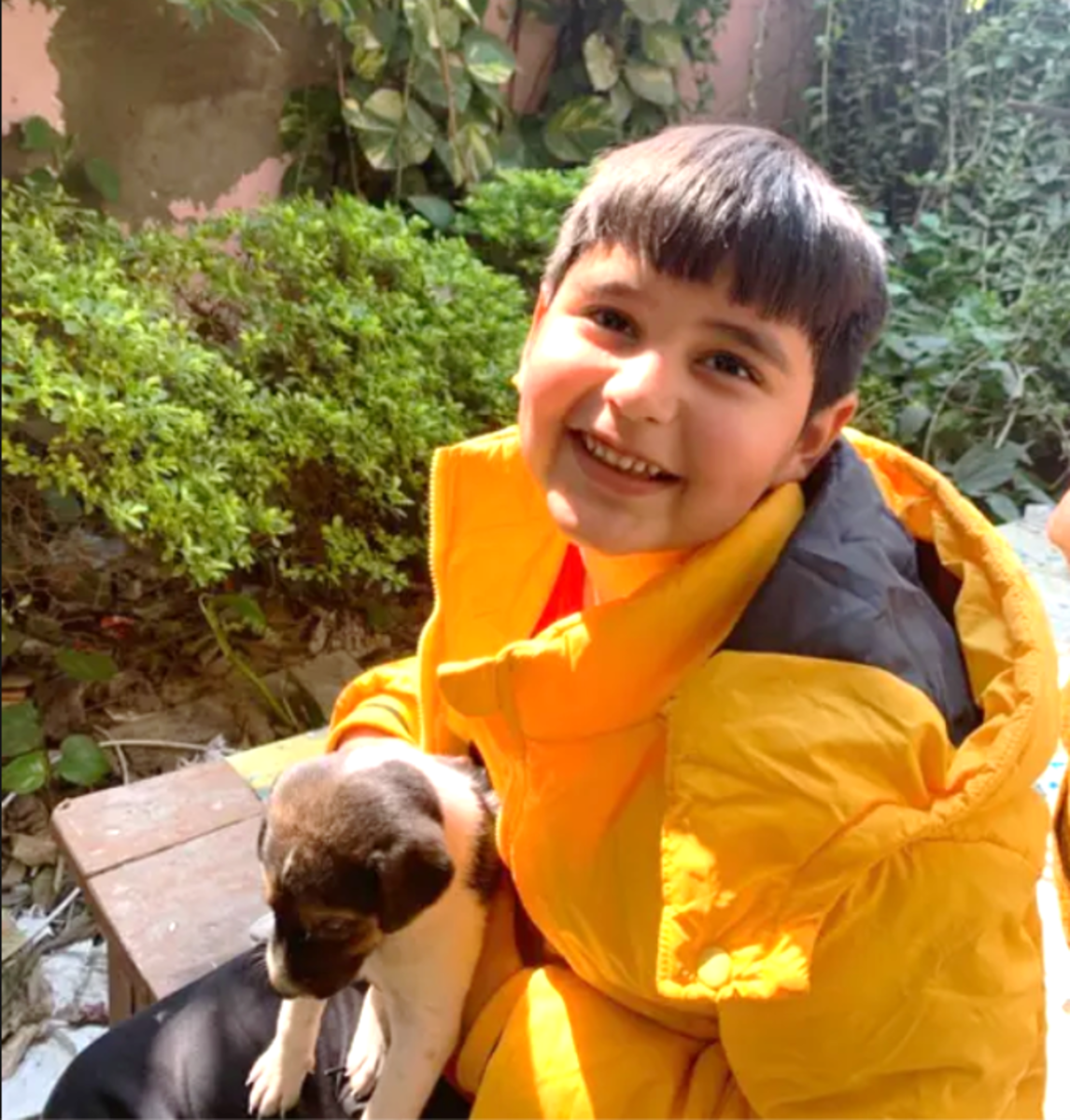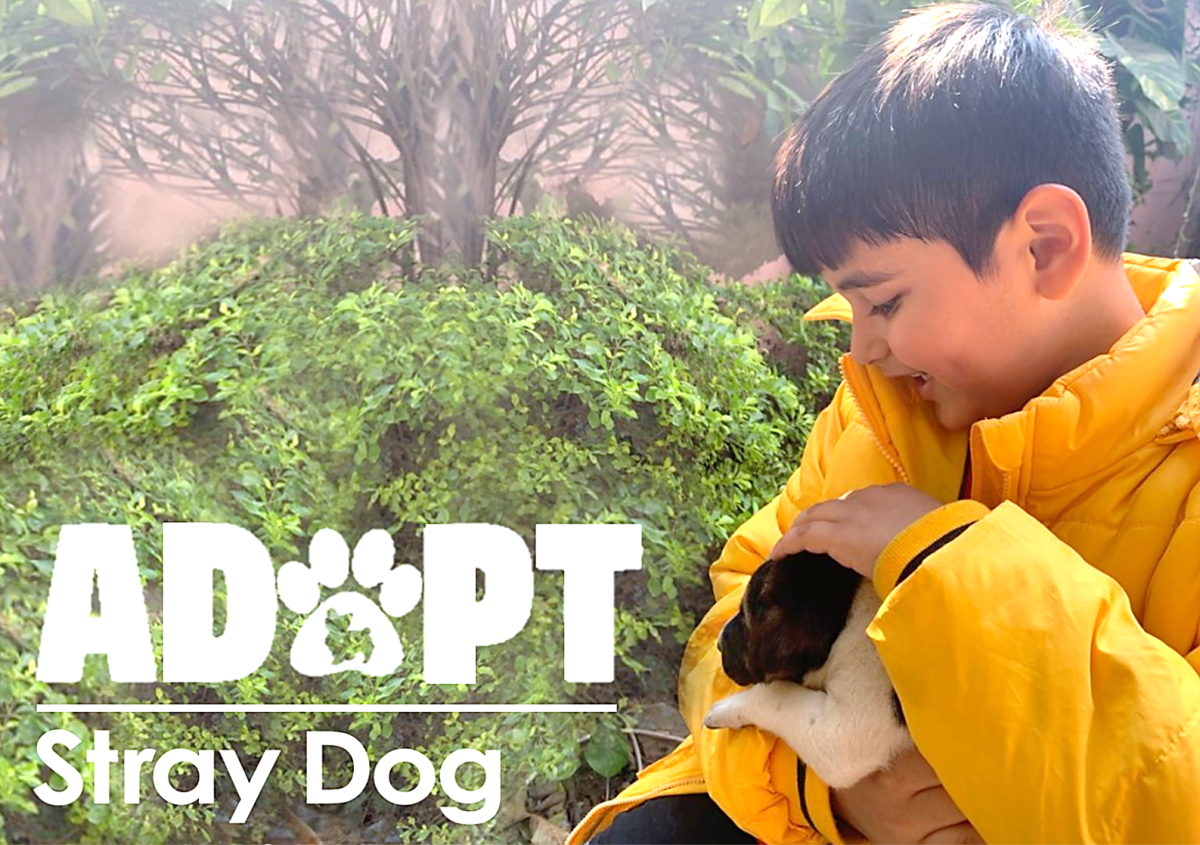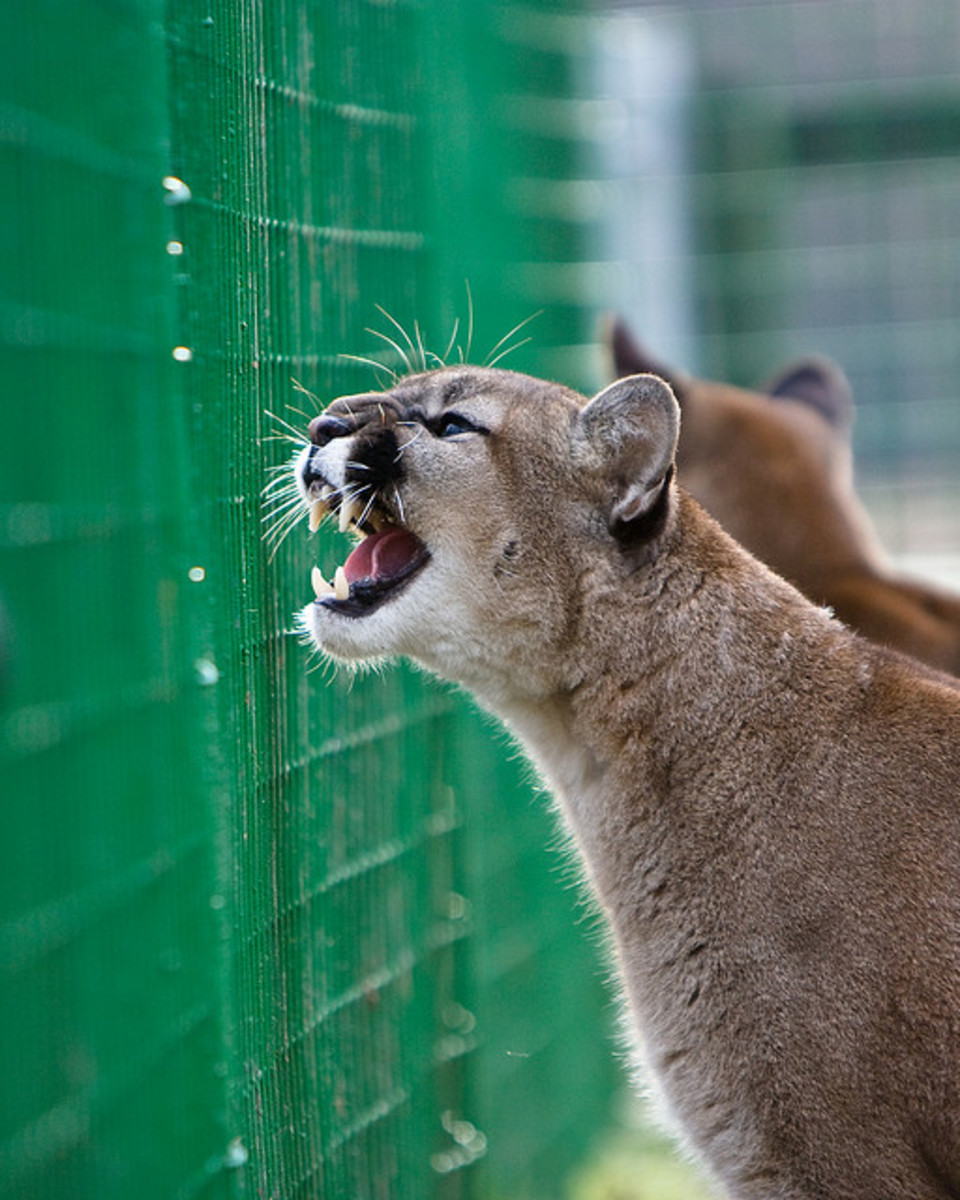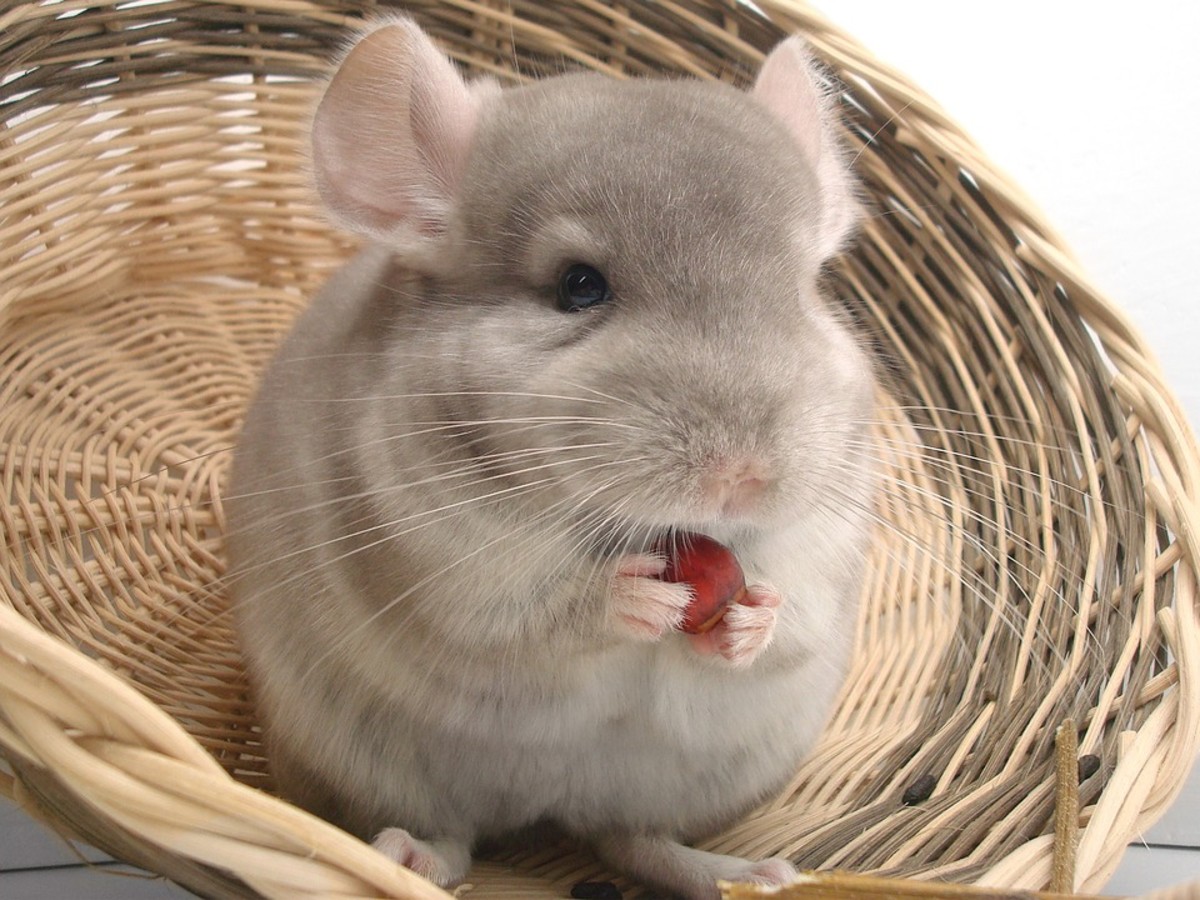Five Reasons to Adopt a Pet
Tuxedo Cat Loves Guinness Boxes
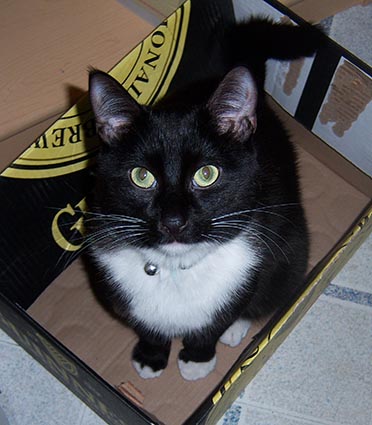
I was raised in a household with animals. We had dogs, cats, birds, fish, rodents, and even a cray fish named Electra. It's little surprise I live with animals as an adult.
We chose to adopt from the local Humane Society instead of seeking out a breeder or buying from a pet store. Here are our top five reasons why.
Already Spayed, Neutered and Examined
Many adoption organizations make sure the animals in their care are healthy enough for adoption, spayed or neutered and are up to date on applicable shots.
If the animal is sick when they come in, the organization will have a qualified team of vets treat the ailment and note any chronic conditions on the adoption information. They may also offer micro-chipping if the animal doesn't already have one.
Our newest kitty, for example, was part of an unwanted litter plagued with ear mites when they came in. Before he was eligible for adoption, they treated the mites, neutered him and ensured his overall health. We were notified of this when we adopted him from the Animal Humane Society of Minnesota, told of what to watch out for in case of a recurrence, and advised on how to keep him separate from the older cats for a while. They also gave us a list of vets in the area and a well-kitten check up waiver.
That saved us quite a bit of money, and gave us a good idea of what to do if a problem with his ears propped up. For the record, he's now a very healthy almost three year old cat.
If rates of euthanasia are a concern for you, research the rescue or shelter before deciding to adopt from them. There may be a number of no-kill or low-kill shelters and rescues from which to adopt in your area. That information should be on their web page or available over the phone.
How to Pick The Right Type of Pet
Choosing the Right Dog, Cat or Other Animal
One of the best things about adopting from certain shelters is the fact they know what the animal's history is, have a handle on their personality and can recommend options for each situation.
This background knowledge helps ensure personalities mesh well, so both the humans and the animals will be comfortable.
The animals brought in also go through a socialization process, depending on their individual situations and personalities. This is helpful when dealing with past abuse or poor living conditions, such as puppy or kitten mills, abuse and hording situations.
In addition to socialization, there may also be training programs involved before adoption. Cats are litter-trained, and dogs are house-broken. Some shelters are also involved with training service animals, as well.
Of course, the new family must treat the animals appropriately, but having a good start is very important. Good pet adoption organizations will deny adoption if the match isn't right, the living conditions aren't acceptable, the person has a history of animal cruelty or for a few other reasons.
By the way, many shelters accept all types of animals, so if you don't want a cat or dog, ask about what other types of pets they have available. When we adopted our tux kitty, the Humane Society had an adorable pair of rats up for adoption.
German Shepherd Mix

You Save Lives
One of the primary reasons I choose to adopt rather than buy is the fact I'm saving not only the life of my new furry family member, but that of the animal that will take his or her place as well.
Caring for creatures is expensive in terms of time, energy and money. Although the adoption fee may seem expensive at first, it doesn't necessarily cover the entirety of the care that animal already received, but it will be used for the care of other animals in the shelter.
In addition, every time an animal is successfully adopted out to a responsible family, their spot is taken by another dog or cat in need of attention and a good home. Even though you can only reasonably care for a certain amount of animals at the same time, adopting from a good organization will positively touch far more lives than you may ever know about.
On a systematic level, you're also helping support efforts to curb cat and dog overpopulation. Because all animals are spayed or neutered when they come in, should they still need it, there won't be nearly as many unwanted litters born.
Tabby, Black and Tux Kitties
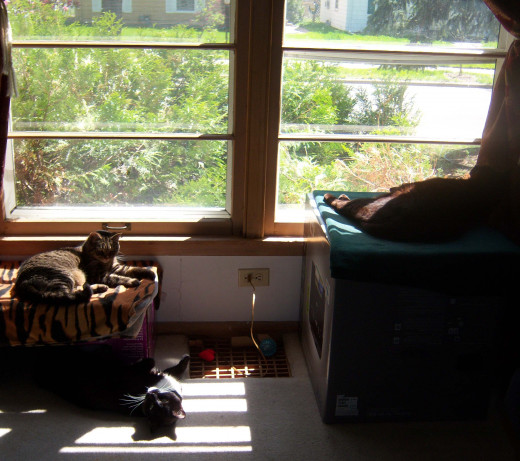
Keep in mind, it's possible for a cat to have three litters of three to six kittens a year, and some are able to breed at just six months old. The time line is similar for dogs, depending on the breeds. Despite the fact more than one pregnancy per year is terrible for the mother's health and that of her babies, it does happen.
Although I know there are great breeders out there, unless they also operate a rescue, the ripple effect wouldn't be the same when you buy a puppy or kitten from them instead. If you do decide to buy from a breeder or a pet store, do extensive research beforehand to make sure their animals are all treated well.
Far worse than responsible breeders are puppy and kitten mills.
These mills operate like a factory, in which baby animals are the products. Female animals become pregnant too young, their litters are too close together, and their care is often unacceptable. If the animals survive the ordeal, both mom and babies can often end up very sick. All of the animals involved may end up traumatized and with long lasting medical problems.
By adopting, you're rescuing an animal already in need of a home without supporting such heartbreaking practices.
What is micro-chipping?
Micro-chipping is the process of inserting a tiny computer chip under an animal's skin. If the animal is found after getting loose, the chip can be scanned and owner notified of its whereabouts.
When carried out by a qualified vet, the procedure is relatively painless. In order to ensure your information is up to date, you need to log on to the web page of whatever company provided the chip, input your information and update it if it changes. There will probably be a fee involved, though that might be covered by the adoption fee. In our case, the fee was separate, but only a one time deal.
The procedure itself may be automatically done by the shelter or rescue, and you should be provided any required information at the time of adoption.
Save on Animal Care
Breeders and mills may charge quite a bit of money for you to buy an animal from them. Add to that the cost of veterinary care, if you choose to micro-chip, training classes, replacement of objects destroyed due to lack of training, plus every day expenses, and you're looking at a pretty hefty bill.
By adopting, however, the fee may include the following:
- Spay/neutering
- Past medical care
- Training/socialization
- Certificate for a future vet visit
- Pet insurance for a set period of time
- Starter kit for pet care
- Easily accessed information about local laws and regulations
The spay/neuter and medical care for potential illnesses alone could cost you hundreds of dollars alone. That doesn't include the money you'll save on replacing furniture or the cleaning supplies needed to clean up messes from an untrained animal, or one driven to spray in an attempt to draw a mate and mark territory.
Have you ever adopted a pet?
Get the Pet You Want
Although many breeders specialize in certain types of pets, shelters get all kinds of breeds. Some are purebred surrenders, and others are mixed breeds. You can also find rescues that specialize in certain dog breeds, like pit bulls, German shepherds, greyhounds and many others.
The staff at your local shelter may be able to help you find specific rescues, and many will contact you if an animal that fits your taste comes in. There may even be one waiting for adoption already.
If you're looking for an animal more mellow than kittens or puppies are, it's a great idea to look at older pets. Older animals are often much harder to place because many people think they want a playful baby pet.
Kittens and puppies are a lot of work, despite how cute and fun they are. Sometimes, they end up being more effort than the new owner anticipated, and they may be brought back.
In those cases, an older dog or cat might be a better fit. Healthy dogs and cats can be very long lived and wonderful companions to come home to.
Our tabby, for example, is about 13 years old, but she still plays like a kitten every day. She loves cuddling, but she's mellow enough not to get into the same trouble she did when she was still tiny. The same goes for our 12 year old black cat.
The key to finding the right pet is to talk to the shelter employees, be honest about your situation and desires, and interact with the animals in the shelter.
If you're in the market for a new animal friend, these are only a few of the reasons to adopt.


